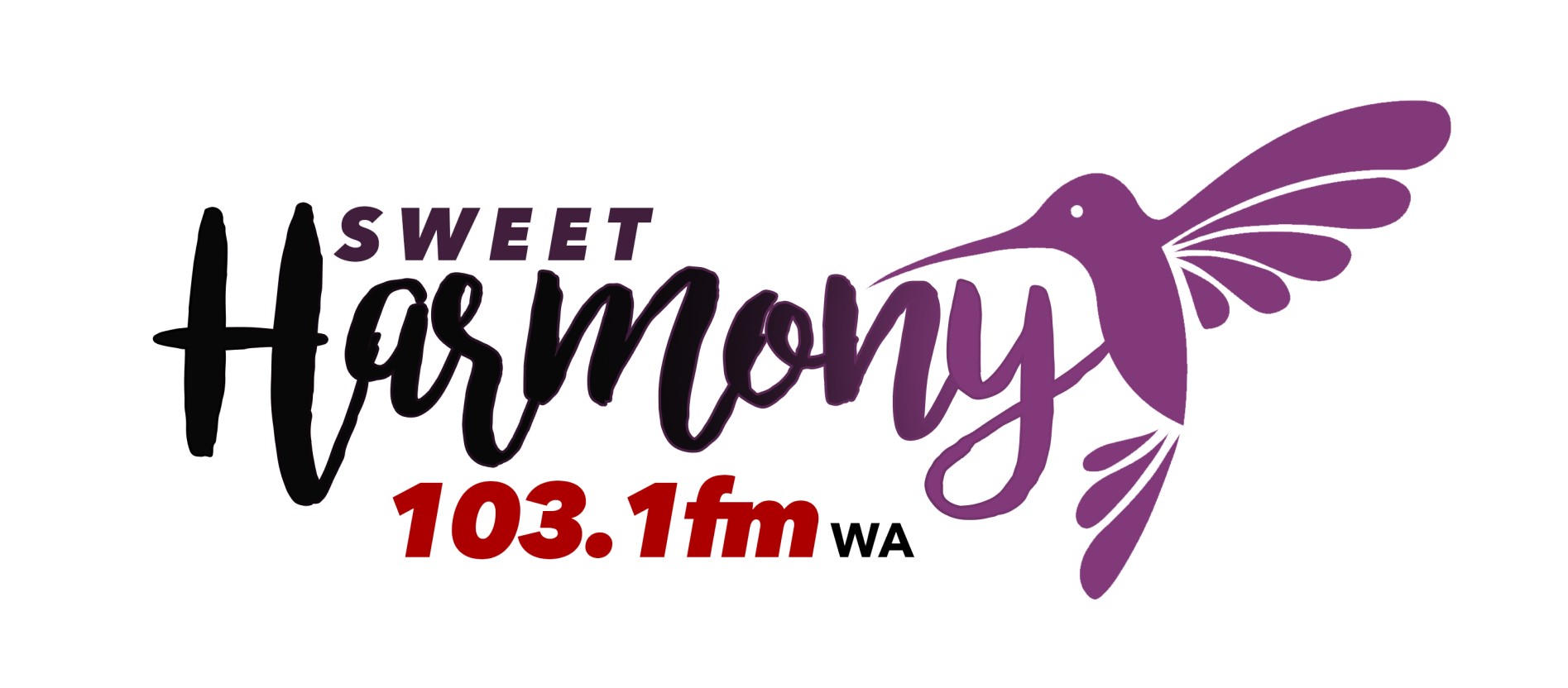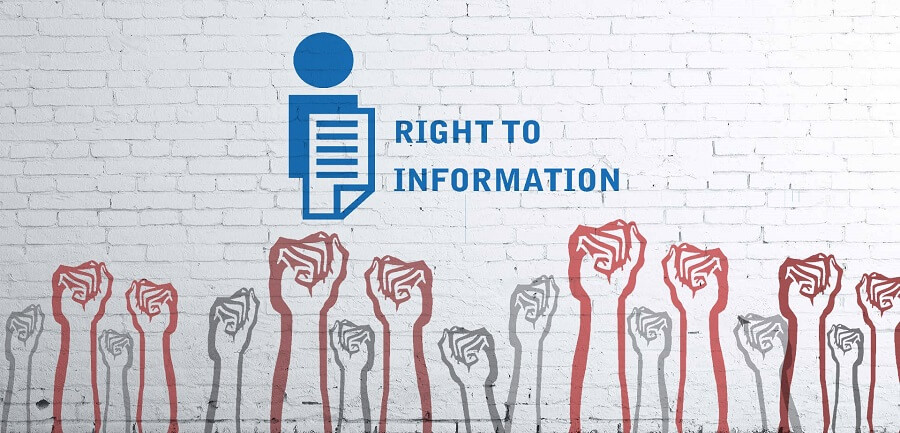Mr.Zakaria Musa Tanko, a private legal practitioner and lecturer, has said private establishments using public funds and rendering public services are required to release information under the Right to Information (RTI) Law.
He explained that even though the RTI Law strictly mandated public institutions to release information to any member of the public, the use of public funds by private institutions for their operations and services make them equally accountable to the people.
The private legal practitioner stated that the RTL law is a universal law recognized by the international conventions and the African Charter on Human and People’s Right.
Mr Tanko was speaking on the topic “Fake News, The Law and using the RTI in fact-checking” at a two-day fact-checking training organized in Sunyani by Dubawa Ghana, a fact-checking and verification organization with the support from the United States (US) Embassy for 20 journalists in the Bono Region.
The workshop equipped journalists with fact-checking skills to spot, identify and combat the surging rate of misinformation, disinformation and address information disorder which has characterized the information space.
Other topics treated include the ABC of information disorder, the actors, behaviour and content of information disorder, using digital verification tools to expose misinformation and disinformation.
The private legal practitioner exposed the media practitioners to the tactics and strategies employed by public institutions to deny persons information as well as how and what they can do to assert their rights under the RTI law to demand information.
He explained that although the constitution guaranteed any individual the right to access information, there were some few exemptions as to which or what kind of information members of the public can get under the RTI Law.
Mr. Tanko said public institutions and information officers were required under the law within 14 working days (weekends and holidays excluded) to provide information on request, failure to one can appeal against the decision by writing to the head of institution to remind or communicate to the person of the public institution’s failure to provide the information requested.
“If the head of institution does not act to ensure the information is provided, then the person or organization requesting for the information can petition the Right to Information Commission to act to ensure that public institution provided the information but if the Commission agrees with the public organization that it cannot provide the information, the person or organization can take the Commission to the High Court for the court to compel the Commission for the information to provided.
Mr. Musa Tanko said individual, or organization can request the information in various format like electronic, can be inspected, written, on hard copy and cd.
He said the law required that letters to public institutions demanding information must be addressed to the information officer or a designated information officer and not head of the institution.
“The information officer is the custodian of information and can determine who has information in or outside the institution,” he added.
Madam Roselena Ahiable, Programmes Officer, Dubawa Ghana, took participants through digital/online safety, threats that journalists face and mitigation strategies.
She encouraged them to protect organization and personal information by developing strong passwords to prevent hackers from tapping into the data systems.
Madam Maxine Danso, Communication officer, Dubawa Ghana, exposed participants to the various digital verification tools and how to leverage such devices for investigation, and authentication of image and video content source and advised the media practitioners always to be analytical.
Mr Nathan Gadugah, an editor of Dubawa Ghana appealed to the participants to cross check facts before publication to avoid eroding the public trust in the media.
GNA



